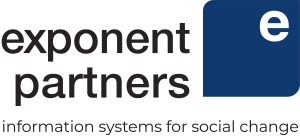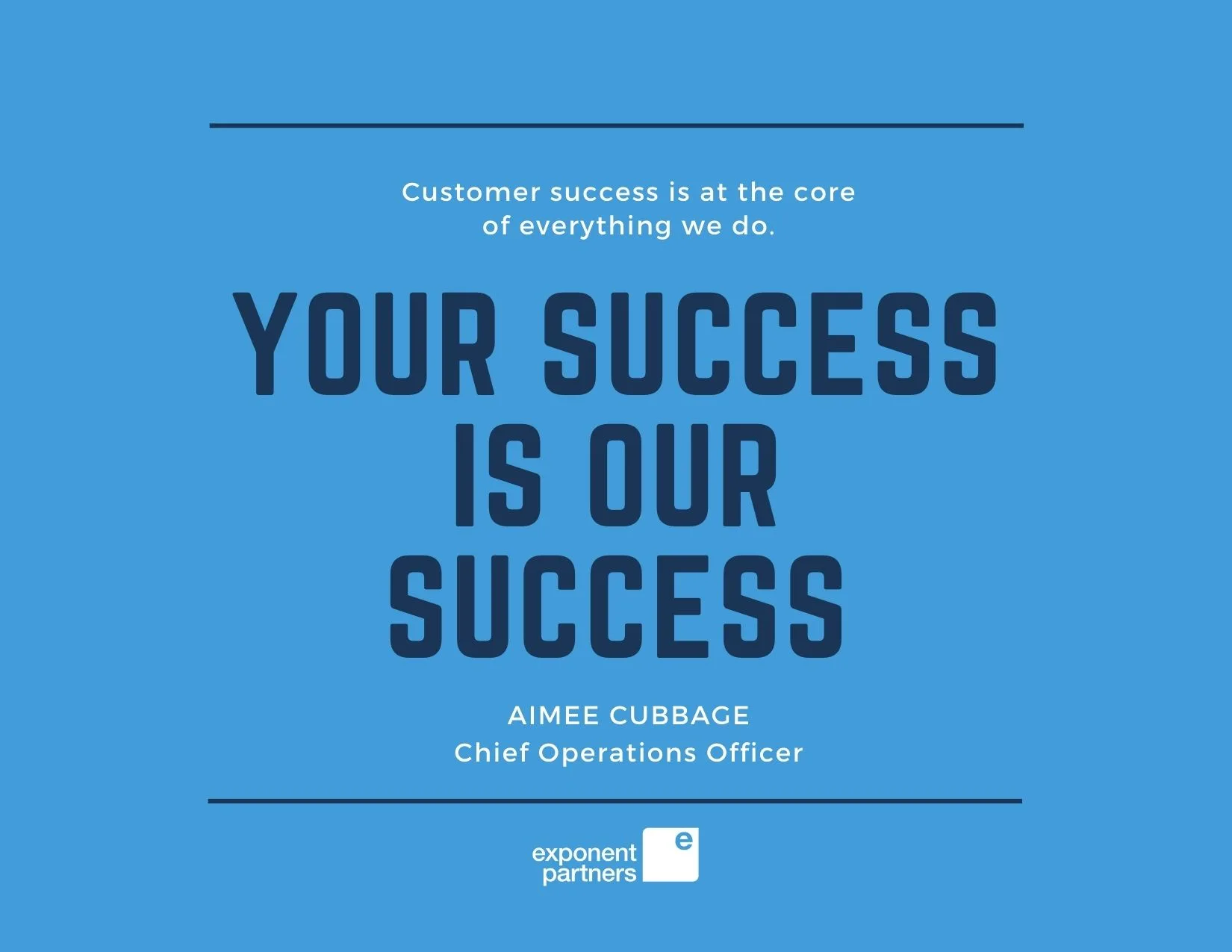Overcoming Challenges Nonprofits Face when Implementing Salesforce
The implementation of a complex and powerful platform like Salesforce can be a daunting undertaking for many nonprofits. Technology projects require buy-in at multiple levels, a significant investment of time, money, and people, as well as extensive knowledge of the Salesforce ecosystem. Acknowledging these challenges is the first step in your journey. The transformational benefits of a successful implementation include improved efficiency, cost savings, automated processes, and more accurate data. Nonprofits also benefit from increased transparency, enhanced collaboration across staff, and the ability to scale programs for greater impact. The flexibility and innovation of the Salesforce platform sets your nonprofit on a course for ongoing improvement. Engaging an experienced Salesforce partner to serve as a trusted guide on your journey is critical for your organization’s long-term success. Nonprofits can overcome these common challenges with the support of a dedicated Customer Success team.
Nonprofit Organizations are Complex
One of the most common challenges we hear from nonprofits seeking a new technology to replace their legacy system is the assumption that no partner or tool could meet the unique demands of their organizational processes and system requirements. It’s true, your nonprofit may need a solution that serves multiple functions including case management, fundraising management, impact reports, financial projections and more. To meet this challenge, the Salesforce platform was designed to be flexible and easy to integrate with other technologies.
As a partner serving the sector for over 15 years, we know nonprofits. We understand how to meet nonprofit clients where you are and partner with you to build a system that grows with your organization over time. Every one of our consultants comes equipped with deep knowledge of the nonprofit world and the unique challenges that come with the territory. Plus, many of our consultants worked at nonprofits in the past and have direct experience with nonprofit operations.
Implementations Require Significant Investment
It is no secret that new technology implementations require a significant time and financial investment to any organization. To ensure the great return on investment, nonprofits need a trusted Salesforce implementation partner with an unwavering commitment to Customer Success as well as a demonstrated history of achieving that success at every stage of the project lifecycle.
During a project, nonprofits and their partners should continuously circle back to the goals set during the strategy and planning stage and ask: Are we still aligned on these goals? Are we successfully partnering with and checking in with all key stakeholders? Are we taking tangible steps towards achieving or exceeding the definition of success developed at the engagement onset?
Nurturing a continuous feedback loop fosters trust in the technology and in each other. This trust is key for the ongoing adoption and success of the technology investment. Often the technology or platform implementation is just the beginning—the catalyst—for large-scale organizational change that involves people, processes, and potentially whole organization transformation. Choosing an implementation partner is an investment in trust. At Exponent Partners, we strive to build trust through every milestone of your technology journey.
Redefining Reporting Metrics and Managing Expectations
Improving the ability to measure the impact of your organization is likely a major driver in any Salesforce implementation project. It is the quickest way to demonstrate the value of the implementation and show the power of data transparency from a well-designed Salesforce system.
A common challenge nonprofits face is trying to recreate the reporting metrics of the previous system. The Salesforce platform provides nonprofits the opportunity to reevaluate program and outcomes measurement. Nonprofits need a trusted advisor to think through the implications for end users across multiple tiers of an organization. For example, Senior leadership do not necessarily need to see the same level of data granularity as a system administrator. The platform design and build must take into account specific business units, roles, and responsibilities to serve the right data at the right time.
Performance reporting is a key part of any implementation. Our consultants are able to draw on their nonprofit experience, as well as all what they have discovered through the discovery process, to partner with clients to develop custom measurement practices that work for multiple departments of an organization.
Adapting to Organizational Change and Technology Updates
One trait that all nonprofits share, regardless of the sector or industry, is that they are dynamic; the requirements, goals, size, etc. evolve over time. But some organizations face the added challenge of treating a technology investment as a static, fixed project. To overcome this challenge, your nonprofit’s ongoing evolution should be a consideration throughout the planning, design and build stages of your Salesforce implementation. The ultimate goal is to build a strong foundation that will meet the needs of today and be able to adapt to meet the needs of tomorrow.
And, like the nonprofits themselves, Salesforce is also on a path of continuous improvement. Technology changes at a rapid pace, and it can be challenging to stay current with the ever-expanding Salesforce ecosystem. Our Success Center service plans are designed to ensure you understand the evolving landscape and how it can best serve your needs.
How Exponent Partners Can Help
As your Salesforce implementation partner, we can ease the pain of addressing common implementation challenges before, during, and after the launch of Salesforce within your organization. Your ongoing support needs are not an afterthought. Customer success is at the core of everything we do; your success is our success.
We offer a proven range of services to help clients maintain, support ongoing adoption, and grow the impact of your Salesforce platform including:
- Essential Support. Annual entry-level service for your emailed requests. You’ll get access to our customer success self-serve portal, robust knowledge base, and Success Center Team for hands-on assistance.
- Enhanced Support. Includes all the benefits of annual Essential Support plus proactive system maintenance, quarterly goal setting, release assessments, user management, and third party app support.
- Virtual Admin. Benefit from a dedicated Managed Services consultant who serves as your nonprofit’s quarter-time Salesforce Administrator contracted on a 3-month basis.
- Managed Services. Contracted annually your Managed Services consultant goes beyond Virtual Admin to include Salesforce roadmapping, data governance, change management, and a team of specialists.
Are you ready to get started? Explore our support offerings or contact us to set up a consultation.
For more tips on common challenges and choosing a Salesforce consulting partner, check out the latest part in the blog series titled Nonprofit Guide to Choosing a Salesforce Partner by Watt Hamlett where consulting leaders offer candid advice for your organization as you embark on your journey.

